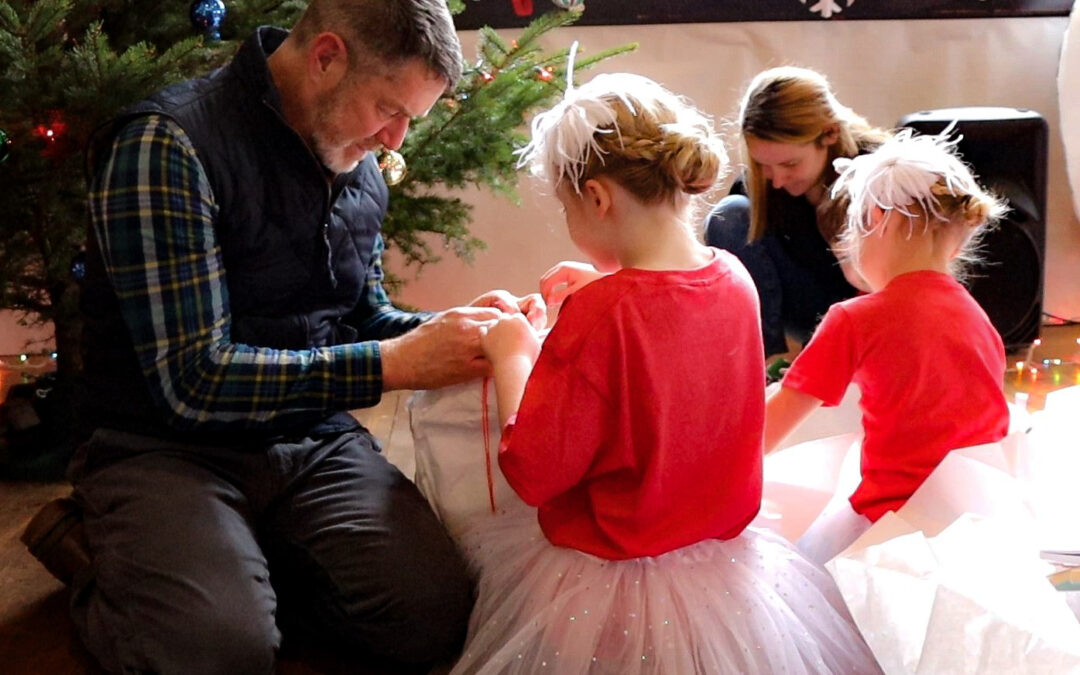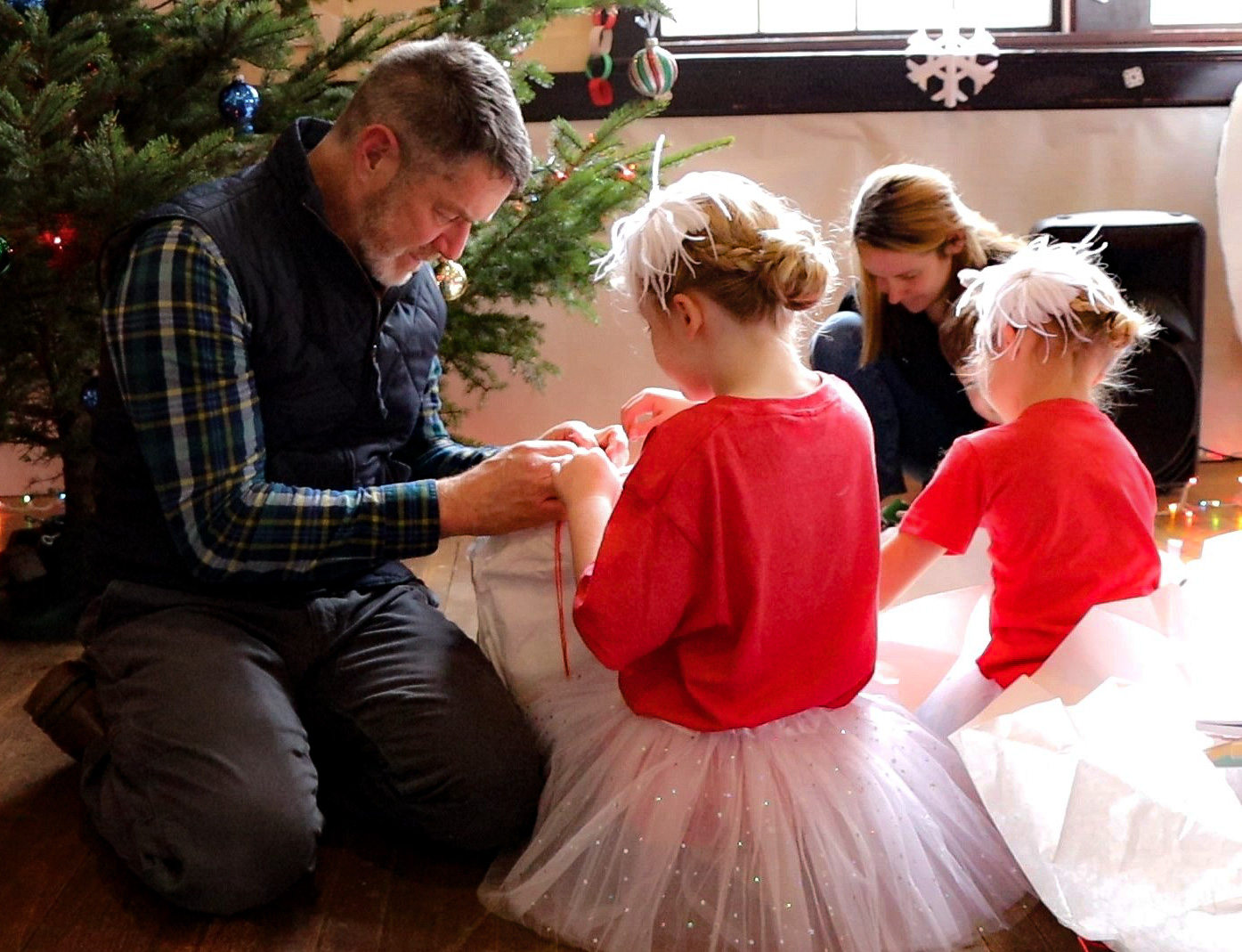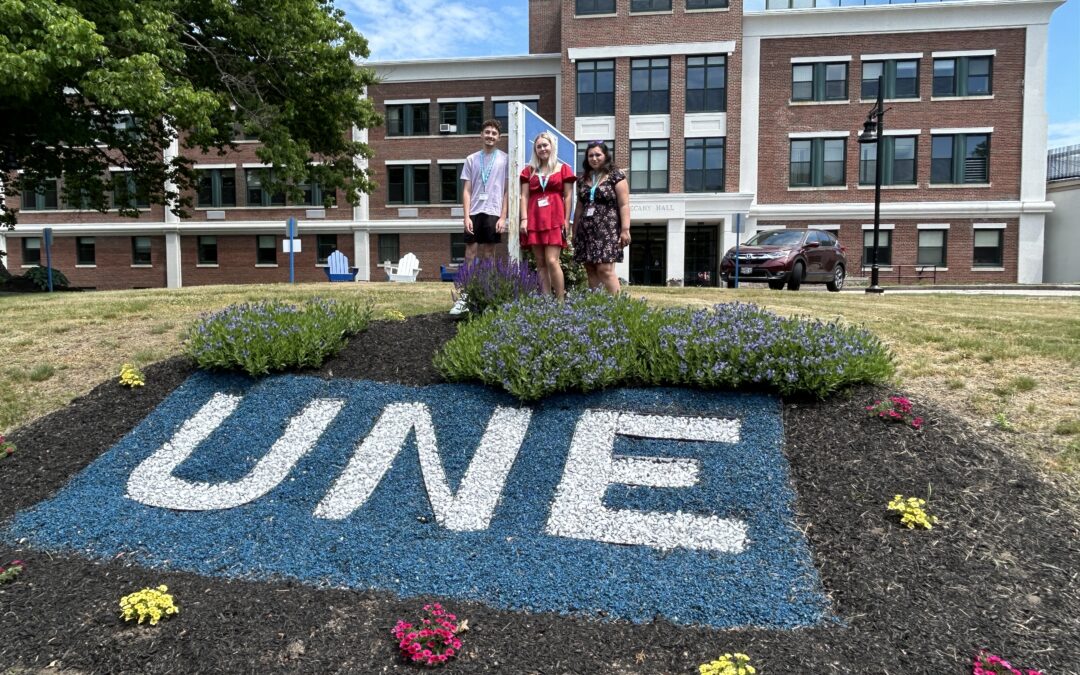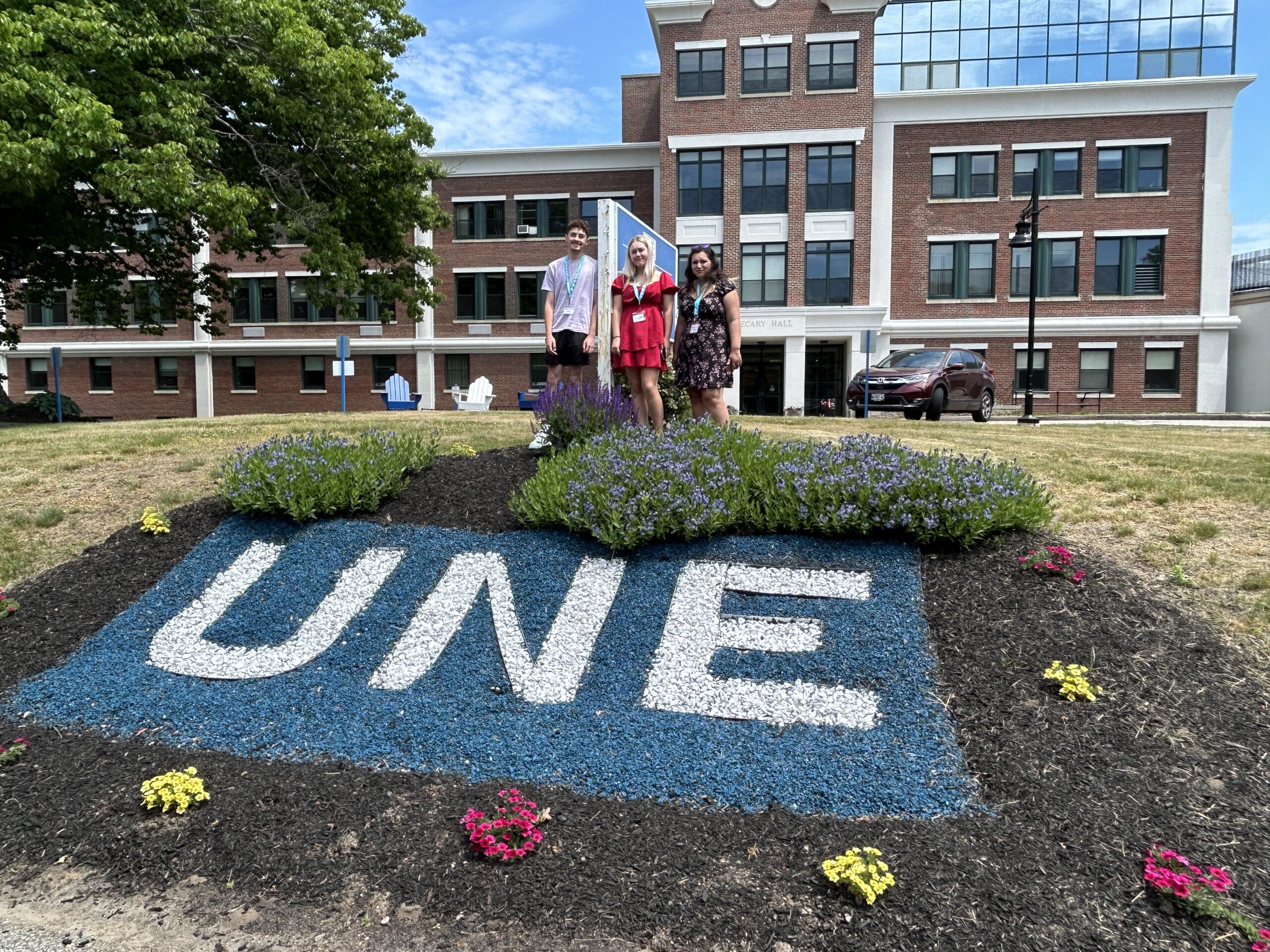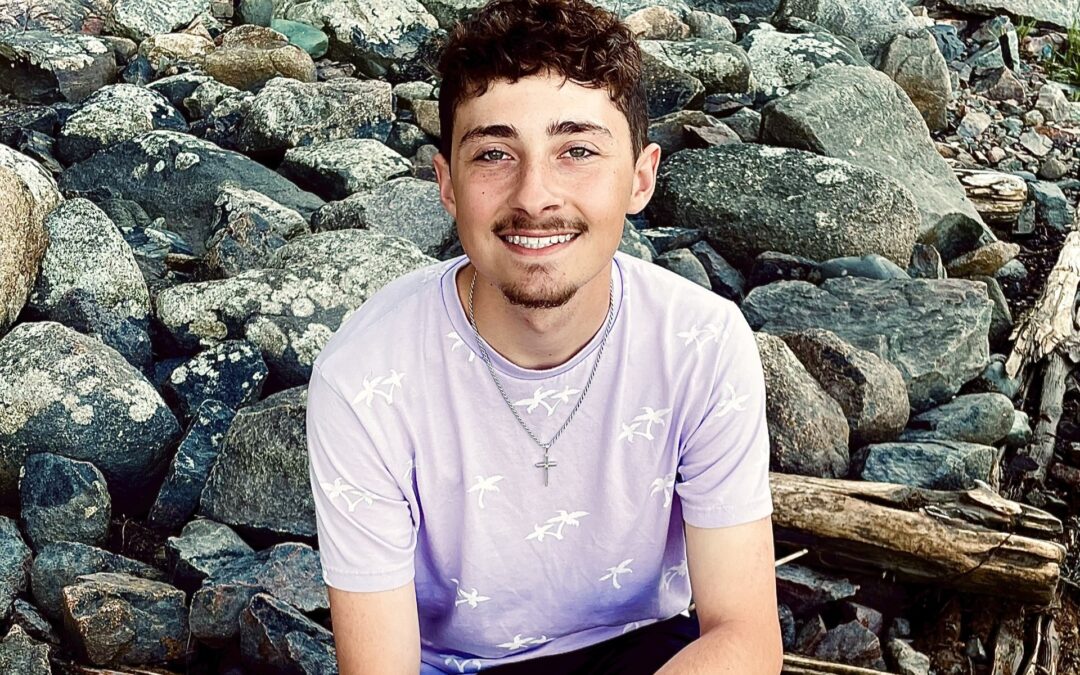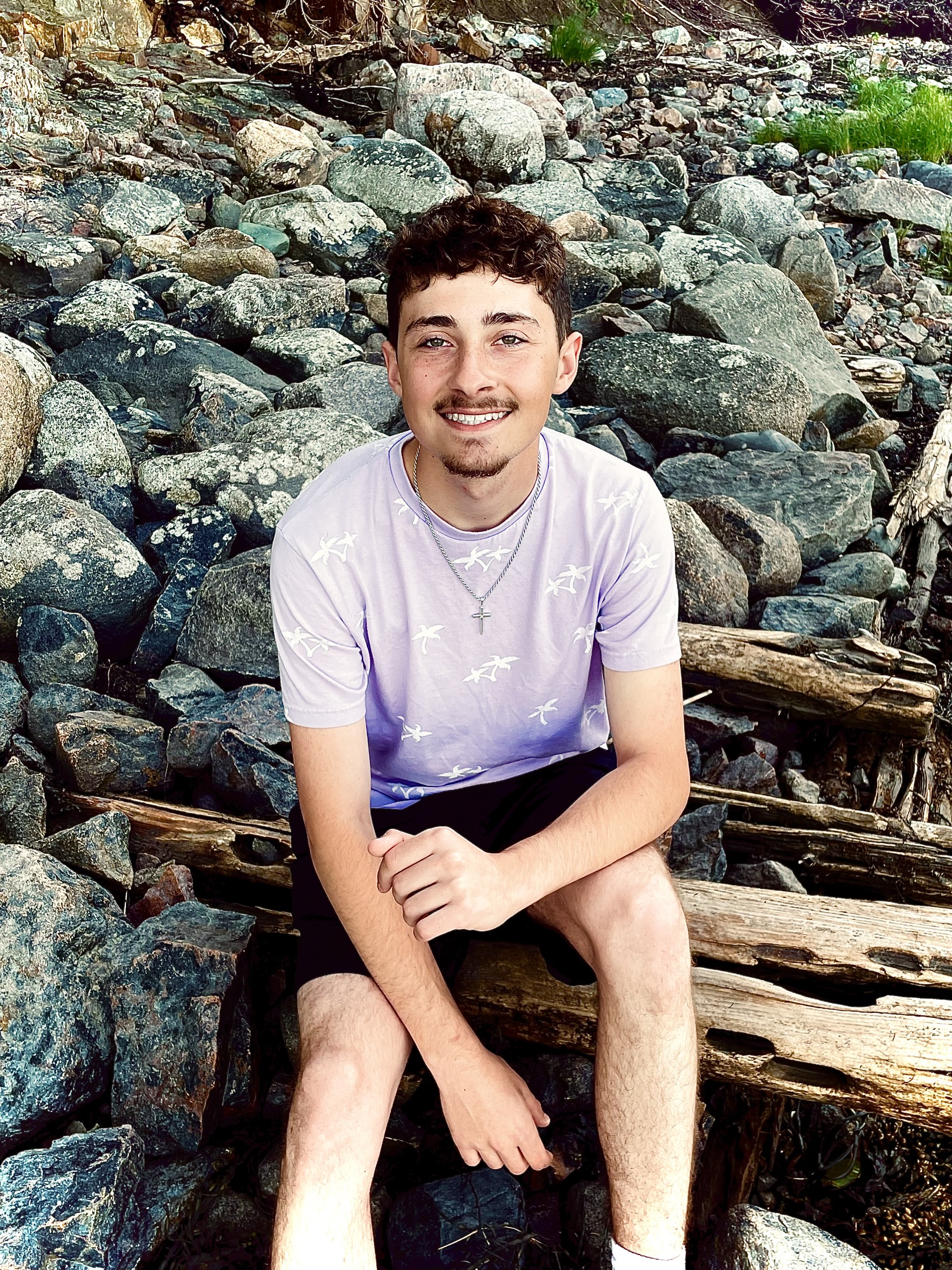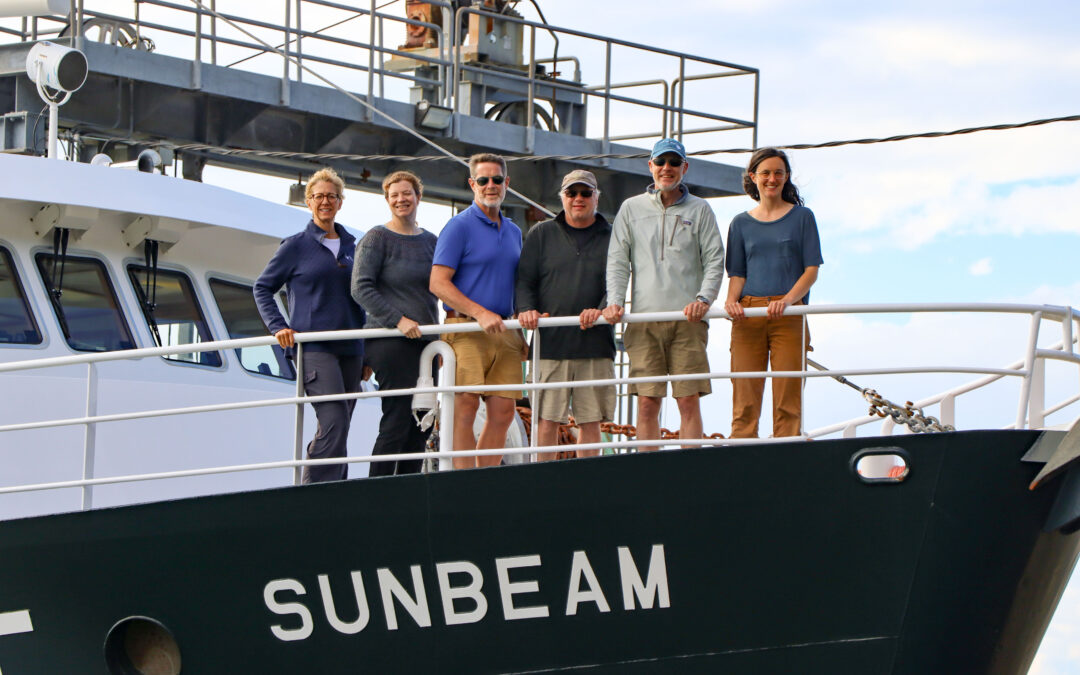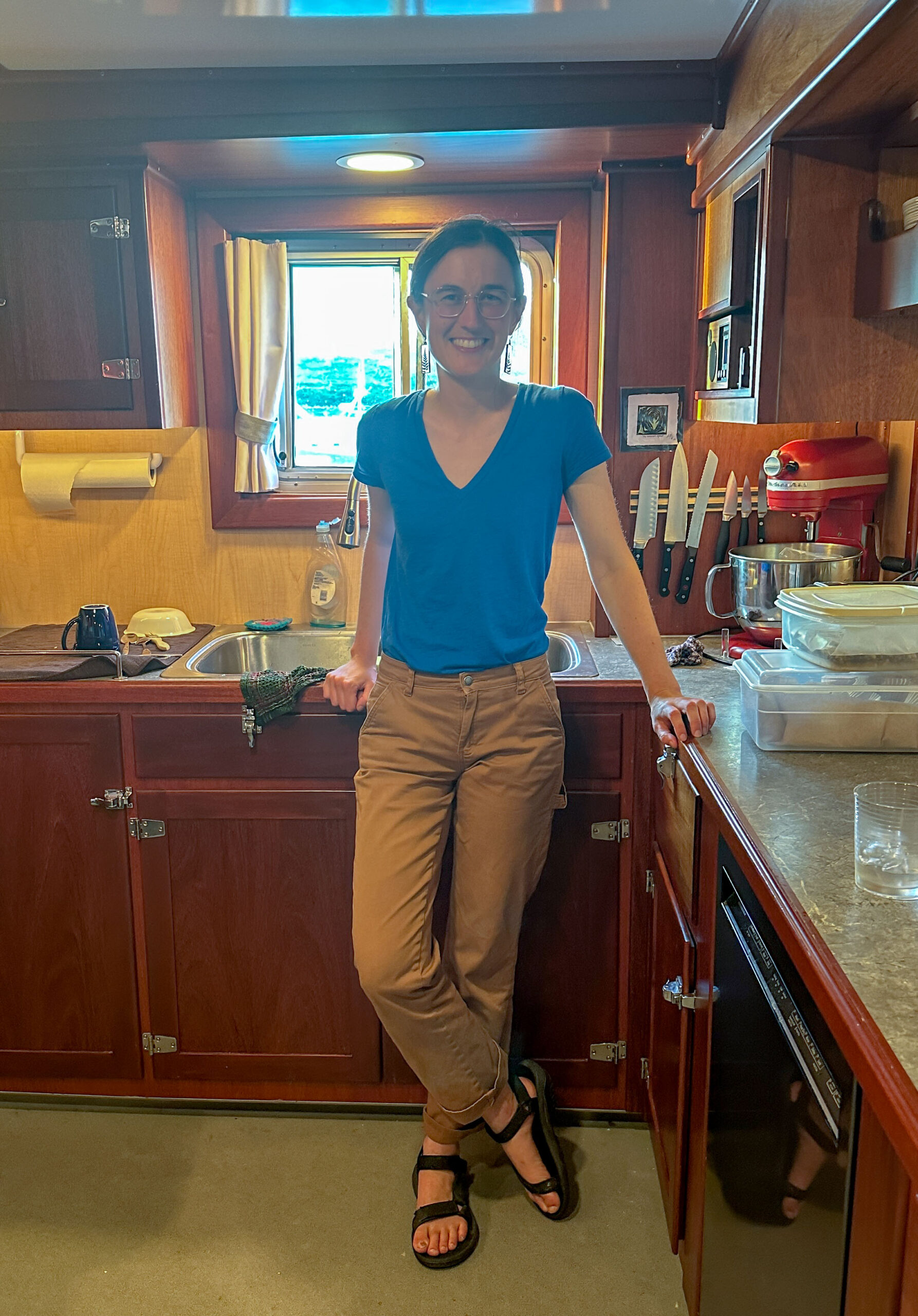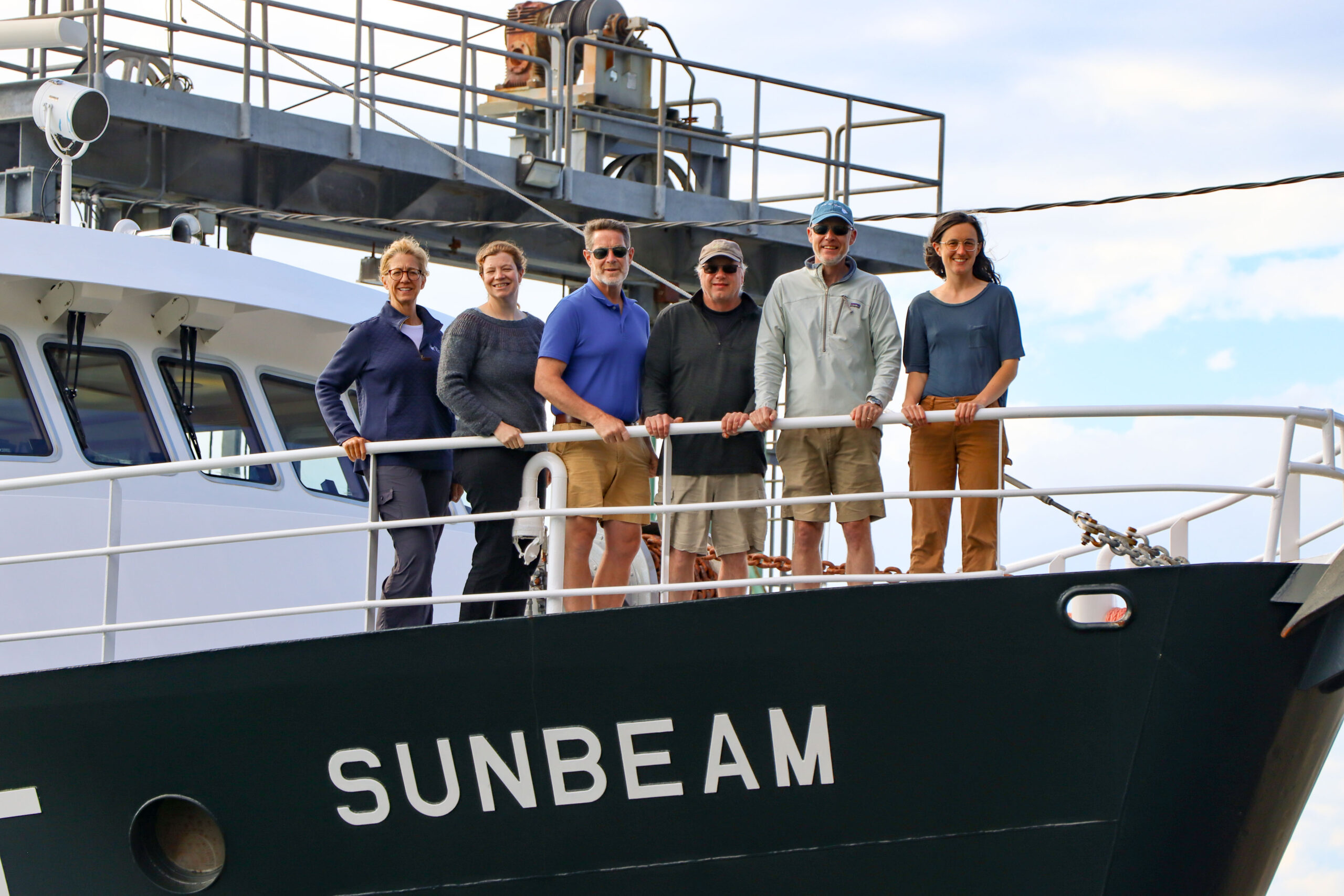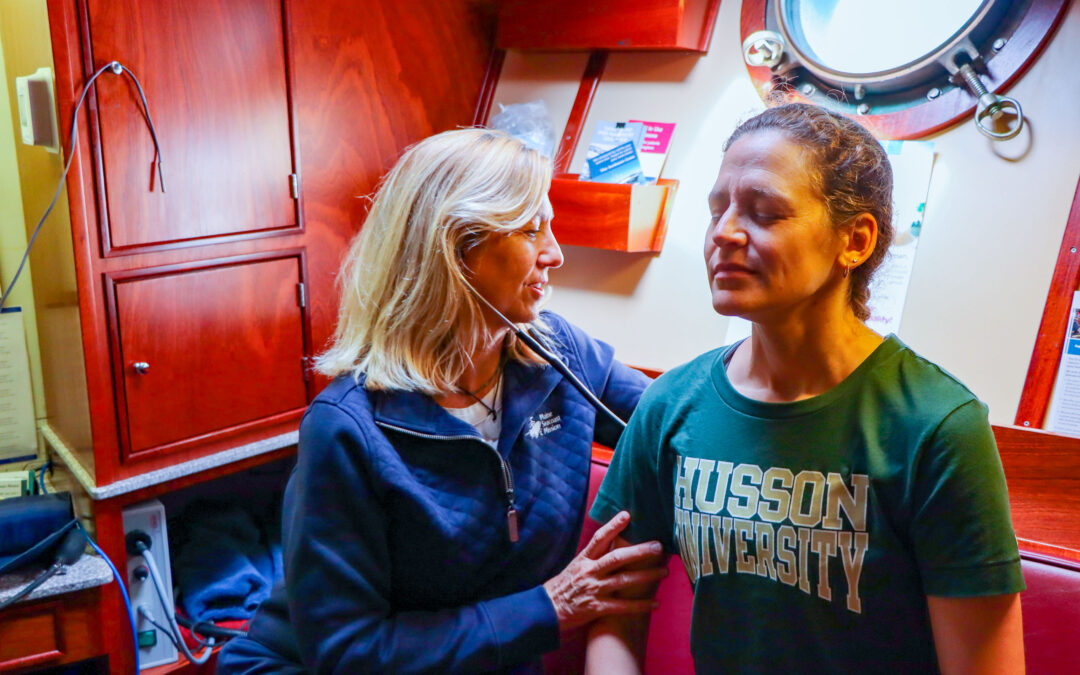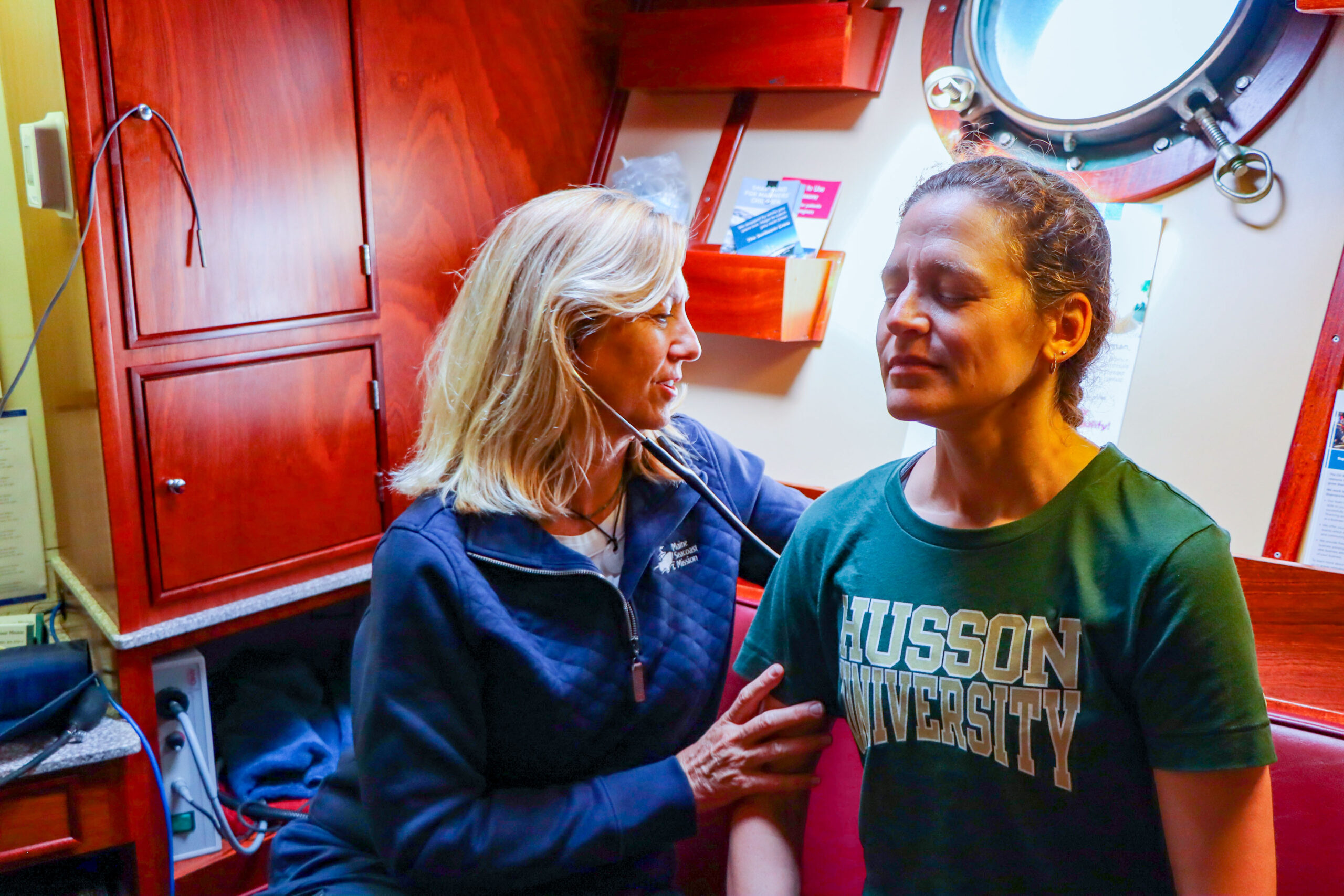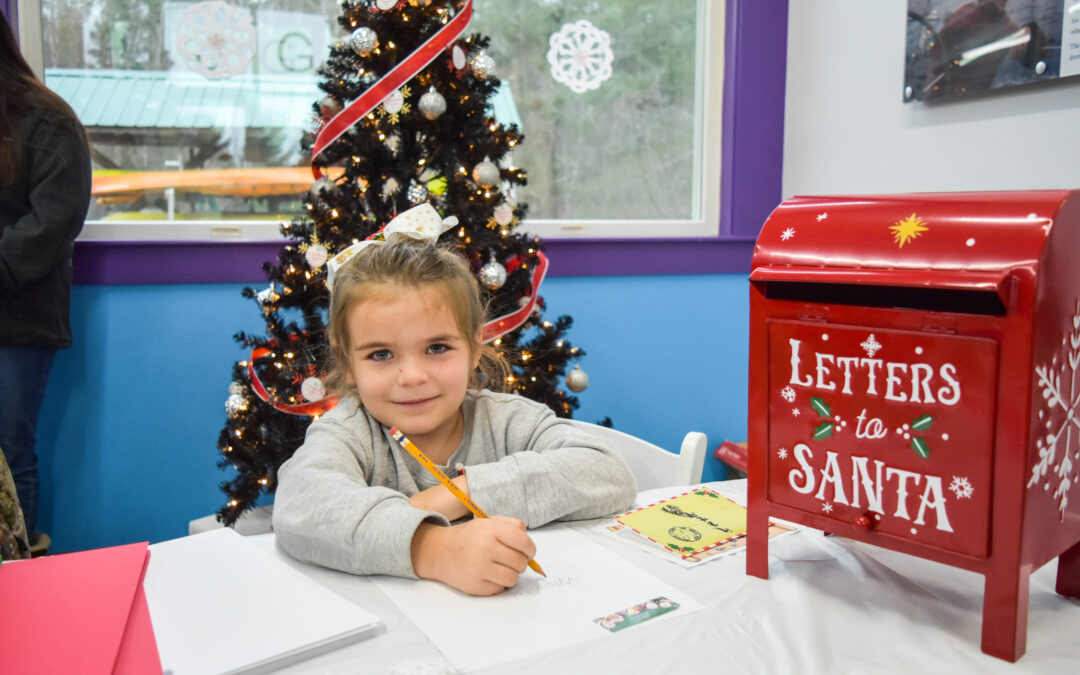
Sign Up for the Mission’s Christmas Program
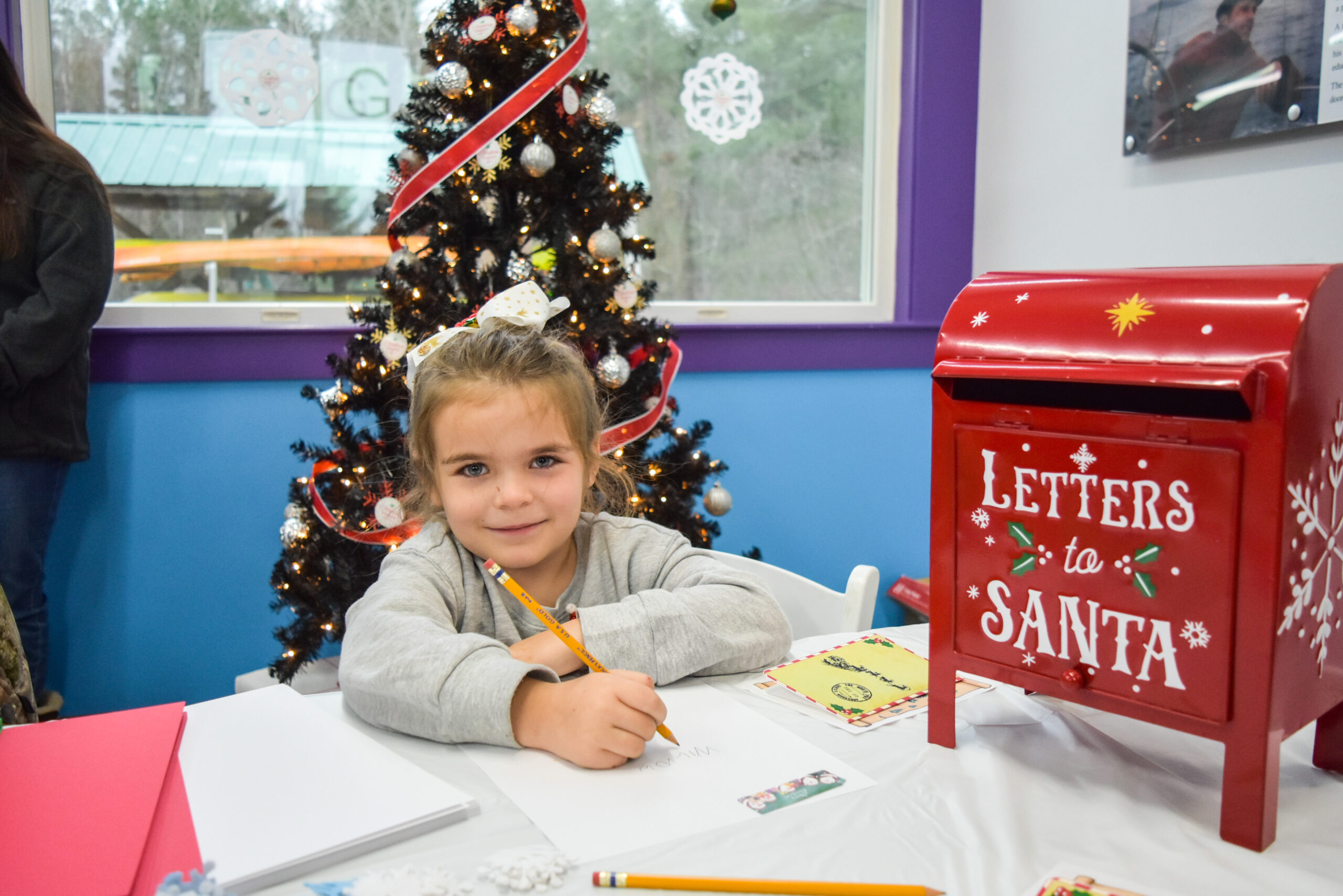
Since 1905, Maine Seacoast Mission has helped generations of children and families have a merry Christmas through its Christmas Program. If you or someone you know needs assistance in placing presents under the tree this year, families can now sign up to recieve gifts for children under 18.
The Christmas Program serves residents of Addison, Beals Island, Cherryfield, Columbia, Columbia Falls, Deblois, Harrington, Jonesboro, Jonesport, Machias, Milbridge, Steuben, Mount Desert Island towns, and islands served by the Sunbeam. In 2023, more than 9,000 gifts were distributed to individuals in the Mission’s service area.
Your gift to the Maine Seacoast Mission makes you part of all we do.
“A joyful tradition at Maine Seacoast Mission, our Christmas program makes sure that families in our communities can enjoy the holiday together no matter what barriers may arise,” explains Kaysie Logan, Community Engagement Coordinator.
Starting in late October, the Mission turns part of its Cherryfield campus into “Santa’s Workshop” where elves, a.k.a. Mission volunteers, receive donated items, organize presents for shopping, and stage a gift-wrapping station.
Once a family’s request is received, Mission staff arrange a day for parents and guardians to shop for presents. Alternatively, parents and guardians can pick up or have delivered pre-selected items that match requests as best as possible. In addition to toys, children can receive books, clothing, other small items, and toiletries. Based on age and preference, families receive several gifts for each child. Gifts can either be left unwrapped or wrapped in the Mission’s iconic white parchment paper tied with red string.
Families can sign up to shop or receive gifts from the Christmas Program here or contact Community Engagement Coordinator Kaysie Logan at [email protected] or (207) 598-6799.

